propaganda
Latest
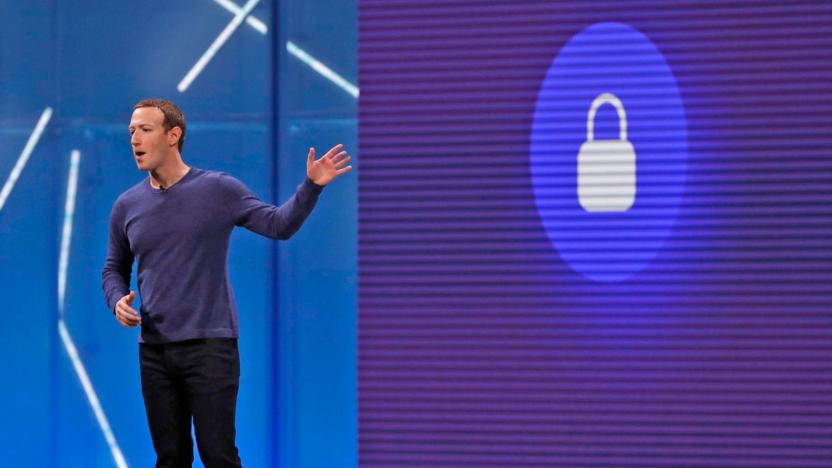
Facebook partners with think tank to fight global election meddling
Unless you've been hiding under a rock, you're probably aware of how foreign actors influenced the 2016 presidential election using Facebook ads. Letting foreign interests interfere in the US election process is a major problem, so Facebook's doubling down on efforts to stamp out meddling on its platform.
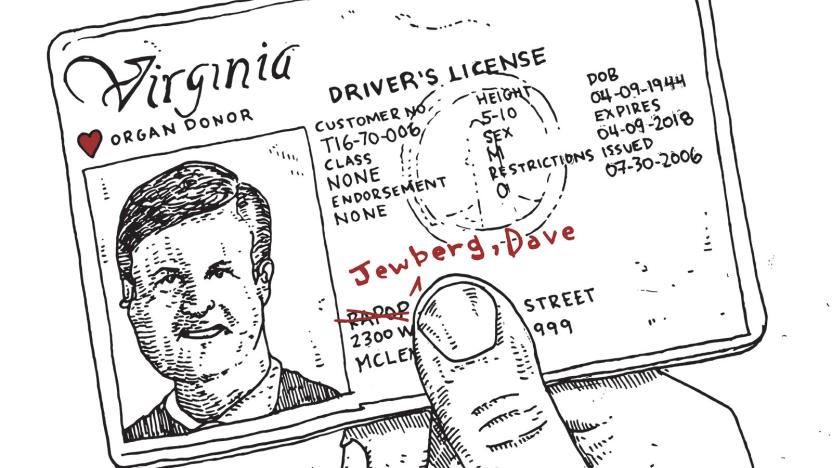
The uncovering of a fake Russian pundit
At this point in history, you probably wouldn't be surprised if I told you that the guy who owned Jared and Ivanka's Washington home was just uncovered as the ringleader behind what some believe is a Russian counterintelligence operation. But you'd still have to admit that it's pretty weird. In an exhaustive, thorough investigation published this week, indie journalism site Bellingcat uncovered a new twist to the many Russian propaganda soapboxes using social media to sow unrest and inflame the Russian-American conflict. Like propaganda front "Black Matters US," it looks like wealthy, well-connected, financially shady Russian-born American neoconservative Dan K. Rapoport led the team behind the fake "Senior Pentagon Russia Analyst LTC David Jewberg."

Let’s stop pretending Facebook cares
The really great thing to come out of the Cambridge Analytica scandal is that Facebook will now start doing that thing we were previously assured at every turn they were doing all along. And all it took was everyone finding out about the harvesting and sale of everyone's data to right-wing zealots like Steve Bannon for political power. Not Facebook finding out because they already knew. For years. In fact, Facebook knew it so well, the company legally threatened Observer and NYT to prevent their reporting on it, to keep everyone else from finding out.

UK government has its own AI for detecting extremist videos
Stemming the tide of extremist online content has been a major focus for tech giants in recent times, but despite their efforts, the UK parliament has condemned companies such as Facebook, YouTube and Twitter for "consciously failing" to take robust enough action. To mitigate the problem, the Home Office has developed its own AI program that can detect Islamic State (IS) propaganda online with a 99.99 percent success rate.

Twitter now says 1.4 million users interacted with Russian spam accounts
Midway through January, Twitter posted a public statement on their blog confirming that over 677,000 users had followed, liked or retweeted messages from Russian-backed spam accounts. The social network reached out to inform everyone who had. But today, Twitter updated their count to 1.4 million users who had interacted with these accounts leading up to the 2016 election.

The UK Prime Minister is creating an anti-fake news squad
In its most benign form, fake news can simply be clickbait designed to get eyes on banner ads. In other instances -- the one's governments are primarily concerning themselves with -- it's propaganda designed to invoke outrage and sway public opinion on elections and other important decisions. UK Prime Minister Theresa May has previously accused Russia of "seeking to weaponize information" by "deploying its state-run media organizations to plant fake stories and photoshopped images in an attempt to sow discord in the west and undermine our institutions." And now, she's taking action by creating a new specialist unit tasked with actively tackling fake news. What we're not being told, however, is how this anti-misinformation squad is supposed to do that exactly.
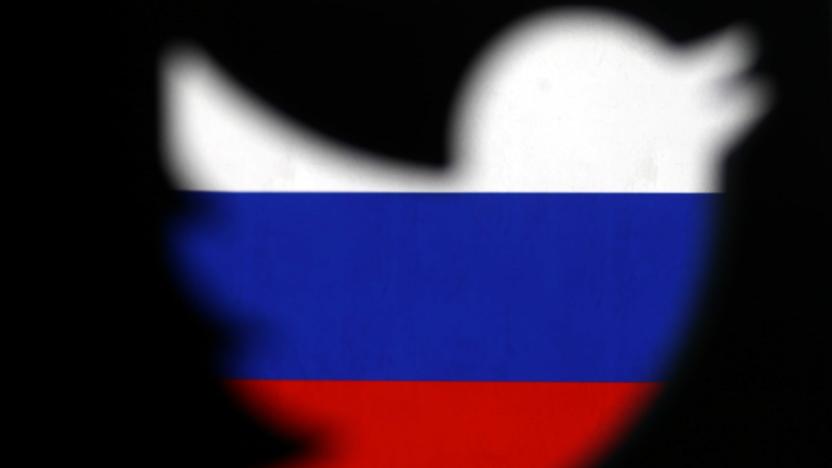
Twitter is notifying anyone who followed a Russian spam account
Last week, Twitter missed the deadline Congress set to turn over information on Russia-backed meddling in the 2016 election. Today, the social media company posted a public update on their internal investigation. First, they found thousands of additional accounts associated with the Russian government-linked Internet Research Agency (IRA). But most importantly, Twitter is emailing notifications to everyone in the US who inadvertently followed one or retweeted or liked one of their messages -- which is some 677,775 people.
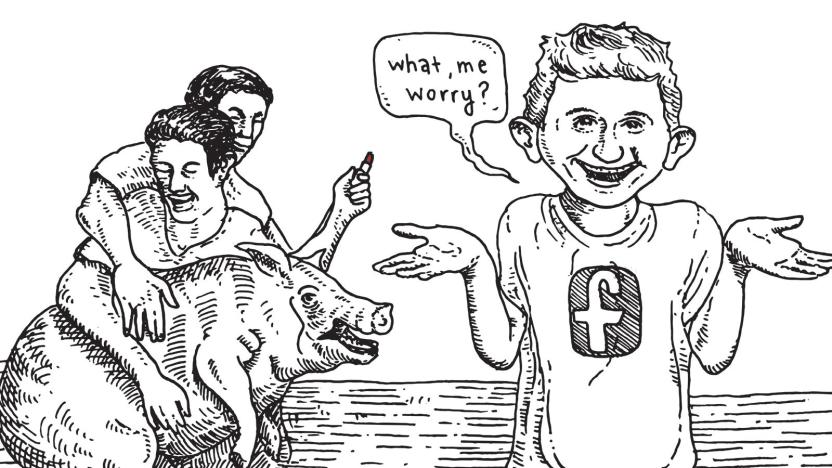
Facebook's fake war on fake news
It's hard watching Facebook struggle. Like how for the past two years it's alternated between looking like it's doing something about fake news, and actually doing something about fake news. The company's latest stab at the problem is saying it will change what people see in their News Feeds. The goal is to show users fewer posts from companies or brands, and more shares (or posts) from friends; in particular, ones its algorithm thinks will get you excited.

Twitter missed its Russia election interference deadline
Over the course of 2017, evidence emerged that Russian actors posted advertisements and content on US-facing sites leading up to the 2016 election to influence public opinion. As part of their investigations, the Senate Intelligence Committee sent Facebook, Google and Twitter written questions to answer by yesterday. The former two complied but Twitter missed the deadline, the committee's top Democrat Senator Mark Warner told Axios.
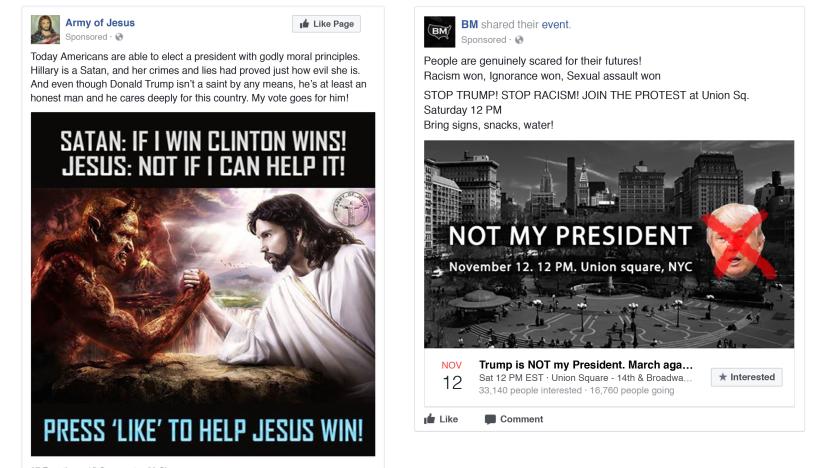
Facebook's new tool reveals any fake Russian accounts you followed
Nearly 150 million Facebook users encountered inflammatory posts created by a Russian propaganda operation, and the social giant is finally helping users understand how they were disseminated. Earlier this afternoon — and as promised — the company launched a tool to highlight those accounts sowing social discord across Facebook and Instagram.

Digital democracy's steep decline
We thought the internet was going to be great for equality, freedom, and maybe even human rights, but now we're not so sure. Turns out, the internet is great for propaganda. And totally unraveling democracy. If only the people who invented and run everything we use online had thought of this! If only they had imagined someone using their social sites, apps, advertising networks, and comment systems to attack and oppress people of color, women, anyone who wants healthcare, and enemies of the state (the same thing, usually). They didn't think of these things because they were coding, developing, and seeking venture capital in order to make the world a better place. Also licking advertiser bootheels. And lobbying.

30 governments are interfering with democracy online
Political mudslinging is a concept as old as politics itself, but in recent years it's found its way off the podium and onto the internet, and a new report now shows the extent of the problem. According to findings from Freedom House, governments in no less than 30 countries are now "mass producing their own content to distort the digital landscape in their favor". Furthermore, these manipulation efforts may have affected elections taking place in 18 countries.

Russian Twitter accounts tried to influence the UK's EU departure
Russia's attempt to influence Western politics through Twitter certainly wasn't limited to the 2016 American elections. Wired and New Knowledge have combed through the Russia-linked accounts provided to US politicians, and it identified at least 29 bogus users that backed the UK's European Union exit (aka Brexit). The accounts used Brexit-related hashtags, stirred Islamophobic sentiment and used racist anti-refugee language. These accounts weren't ignored, either. Combined, they had 268,643 followers and got some posts shared hundreds of times.
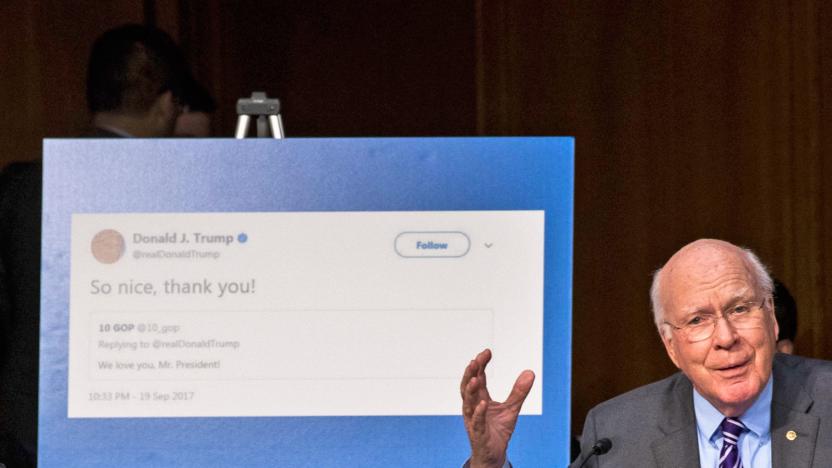
Major news outlets shared Russian propaganda from Twitter
Now that it's clearer just how many Twitter accounts have been linked to the Russian government (2,752 at last count), it's becoming evident that many reputable news sites were tricked into sharing propaganda. Recode and media intelligence company Meltwater have determined that the Washington Post, CBS, the Miami Herald, Vox Media (which owns Recode) and other well-known media outlets shared tweets from Russian accounts without realizing that these "grassroots" posts were really misinformation efforts.
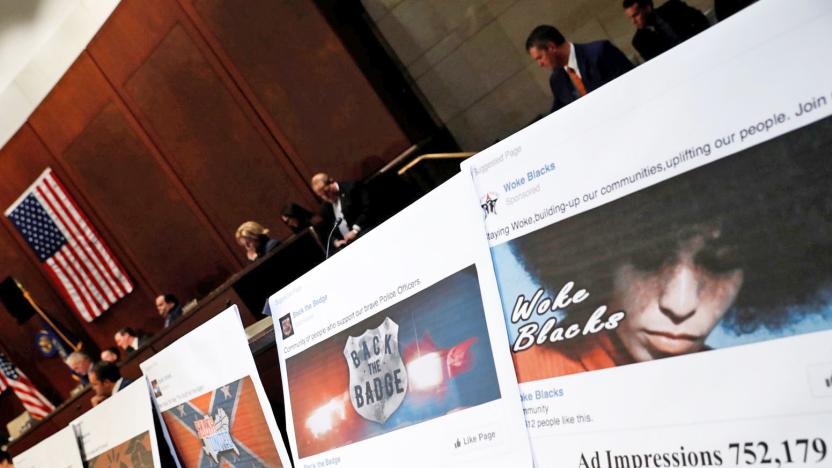
House Intel Committee releases Russia-backed Facebook election ads
The House Intelligence Committee has begun a hearing with leading internet titans. As it promised to do last month, the committee released a collection of data Facebook ads, and Twitter accounts run by Russia-backed accounts on the social network. They're just a sample of the trove that foreign groups paid $100,000 to host on Facebook, part of a campaign that reached 126 million Americans, the social network announced earlier this week. How much those ads influenced the election is what the committee hopes to answer.

Facebook exposed 126 million Americans to Russia-linked pages
Russian attempts to skew the 2016 US election through Facebook reached much, much further than first thought. Numerous publications (including Axios, NBC News and the New York Times) have obtained Facebook's prepared testimony for the Senate, which reveals that Russia-linked pages reached 126 million American users between January 2015 and August 2017. That's over half of the social network's US base, for those keeping track. About 80,000 pieces of divisive material were shown to 29 million users whose likes, shares and follows spread the content to many more people.

Google also found evidence of Russian influence in US election
Et tu, Google? Search and ad giant Google has found evidence that Russian agents purchased ads on YouTube, Google Search, Gmail and the company's DoubleClick ad network, unnamed sources have told the Washington Post. That means Russian actors have penetrated all the large Silicon Valley ad firms, as Facebook and Twitter recently revealed similar attacks. However, the Google ads were reportedly not purchased by the same Vladimir Putin-affiliated group that bought ads on Facebook, meaning the problem could be more widespread than thought.
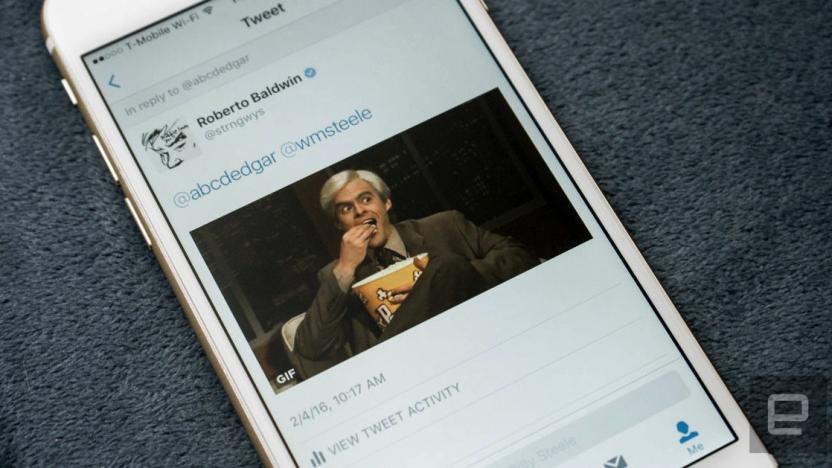
Twitter will also be at the Senate's Russia hearings
Social media played a huge part in determining the outcome of the 2016 election, and there's a suspicion that the ad-tracking tools those platforms offer could have been hijacked by nefarious forces. Shortly after news broke that Facebook will appear before a Senate hearing into Russian interference, Wired is reporting that Twitter will do the same.
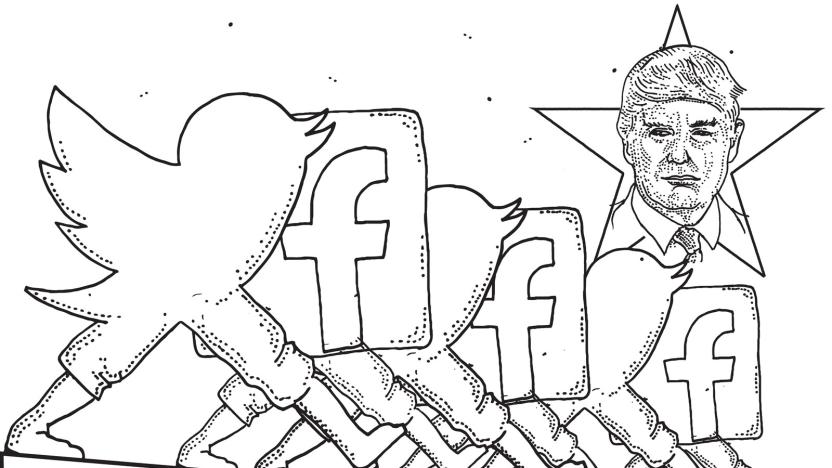
How hateful alt-right trolls hijacked your timeline
You don't need to get attacked by a pro-Trump troll-bot horde to know that social media is a battleground for propaganda farms. It's pretty obvious, and miles of speculative digital ink has been spilled saying as much. An Oxford study this week is getting more of that ink spilled, confirming what we already knew. But no one's spelled out what it actually means. The Computational Propaganda Research Project at the Oxford Internet Institute, University of Oxford, certainly tried. That's the paper everyone's talking about this week, by the way. It looked at case studies from researchers in nine countries, interviewed 65 experts, and analyzed tens of millions of posts across seven different social media platforms during moments of heightened government propaganda activity: elections, political crises and national-security incidents.

YouTube will redirect you away from extremist videos
Last month, Google steps it would take to help stamp out extremism and terrorism-related content online. Today, the company is announcing a new initiative on YouTube to help guide people away from terrorism propaganda videos and steer them towards content that debunks extremist messaging and mythology. It's appropriately called the Redirect Method, because it essentially redirects users searching for specific keywords on YouTube to playlists featuring videos that counter extremist content.









